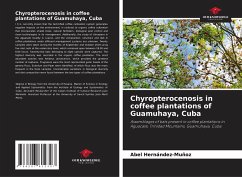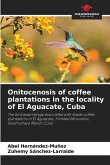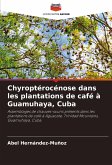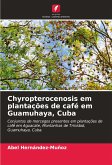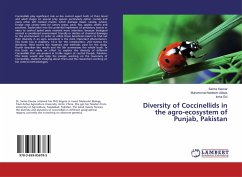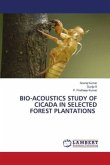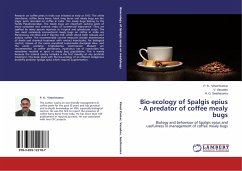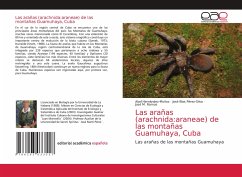I It is currently known that the technified coffee cultivation system generates negative impacts on the environment; in contrast to organic coffee cultivation that incorporates shade trees, natural fertilizers, biological pest control and clean technologies in its management. Additionally, the study of chiroptera in the Aguacate locality is scarce, and the composition, structure and diet in coffee plantations under different management systems are unknown. Twenty samples were taken during the months of September and October 2019 using five mist nets at the understory level, which remained open between 18:00 and 6:00 hours. Seventy-two bats belonging to eight species were captured. The highest diversity was recorded in the organic coffee plantation. The most abundant species was Artibeus jamaicensis, which provided the greatest number of captures. Frugivores were the most represented guild. Seeds of the genera Ficus, Solarium and Piper were identified, of which Ficus was the most frequent in the fecal samples. Considerable variations in biological diversity and diet composition were found between the two types of coffee plantations.
Bitte wählen Sie Ihr Anliegen aus.
Rechnungen
Retourenschein anfordern
Bestellstatus
Storno

